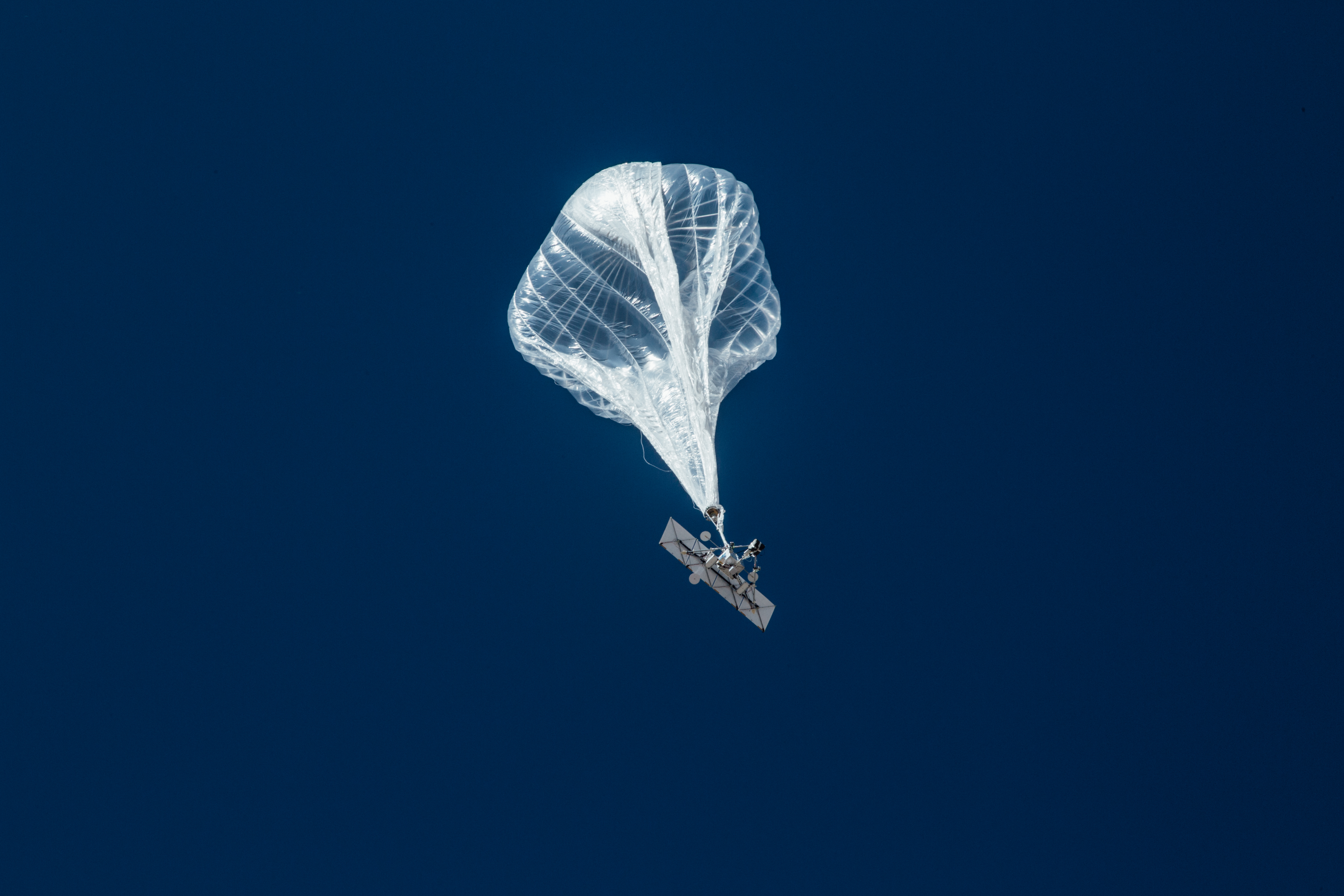 INFRA
INFRA
 INFRA
INFRA
 INFRA
INFRA
Loon LLC, a subsidiary of Google LLC’s parent company Alphabet Inc., has appointed a new advisory board as it looks to commercialize its stratospheric balloon technology that delivers internet connectivity to remote areas.
In order to do that, the company has decided that the best way is to partner with mobile network operators or MNOs around the world, rather than try to sell its internet services under its own brand. That’s why its new advisory board is made up of three people with extensive experience in the mobile network industry.
They include Craig McCaw, founder of McCaw Cellular Communications Inc., a pioneering cellular and wireless internet provider that was acquired by AT&T Inc. in 1994. Evernote Corp. Chief Executive Officer Ian Small, who was formerly chief data officer at Spanish carrier Telefonica S.A., is also joining the board, as is Marni Walden, a former executive vice president at Verizon Communications Inc.
“As Loon transitions to a commercial business and looks to partner with MNOs worldwide, we’re adding some serious expertise to our ranks with a new Advisory Board that brings together top wireless innovators with decades of experience in the industry,” Loon CEO Alastair Westgarth wrote in a blog post today on Medium.
Loon was born out of Google’s experimental “Project Loon,” which was launched in 2013. The goal was to provide internet connectivity to locations around the world that lack the infrastructure to build traditional connections. Loon’s balloons (pictured) carry Long-Term Evolution or LTE antennas that can receive signals from ground-based transmitters located up to 12 miles away, before bouncing that signal off of one another over hundreds of miles. The result is a kind of floating mesh network, with each balloon able to cover 3,000 square miles with an LTE signal.
The technology can clearly serve a purpose, but questions remain over the kinds of speeds, latency and reliability that Loon’s network can deliver. Loon hasn’t provided any specific details about all that, but in his blog post, Westgarth said the network’s performance would be “consistent” with that of its mobile network operator partners.
Loon’s network will certainly need to be consistent if the company is to be a success, not least because it faces competition from several rivals looking to connect the unconnected with alternative technologies. They include OneWeb Ltd., which wants to build a constellation of satellites to do the same thing.
Loon does at least seem to hold a lead over those rivals at this time. The company has already partnered with Telekom Kenya to deliver connectivity to remote parts of that country, and also worked with AT&T in Puerto Rico.
THANK YOU